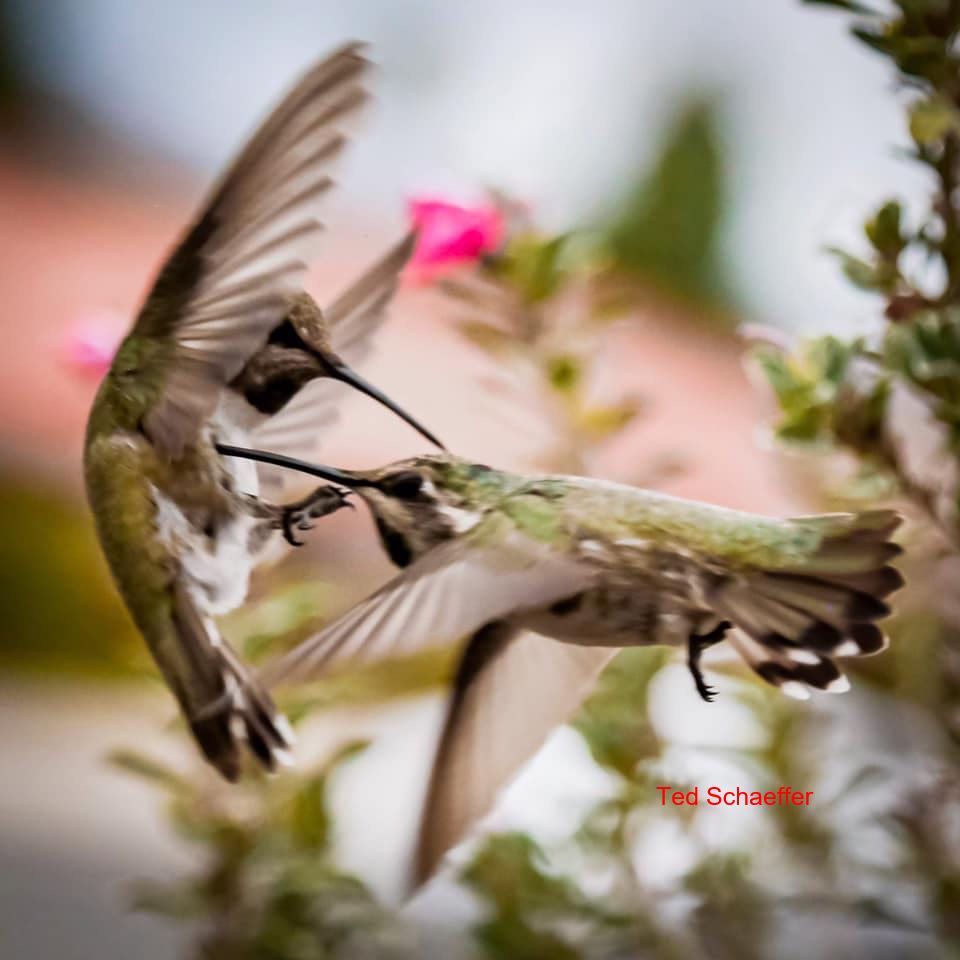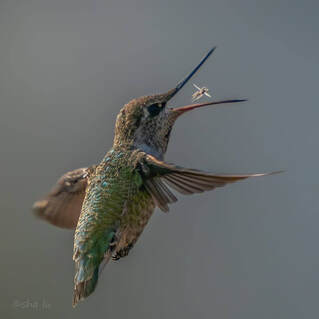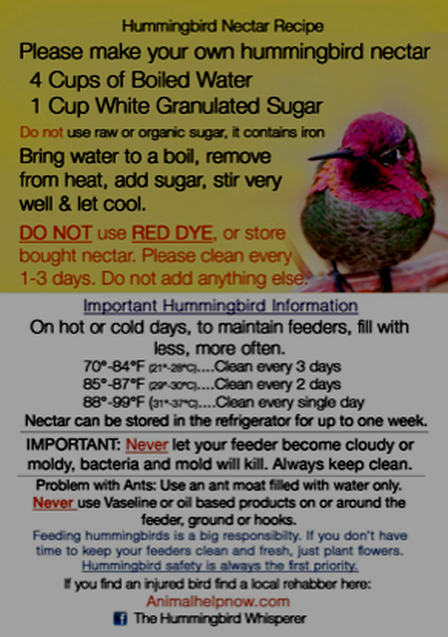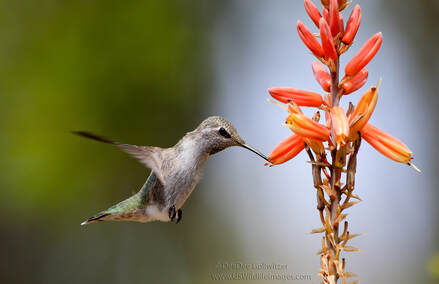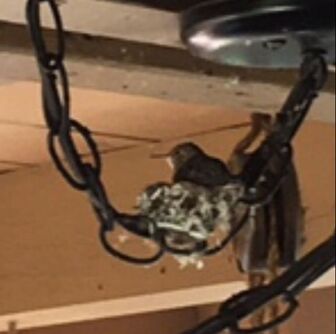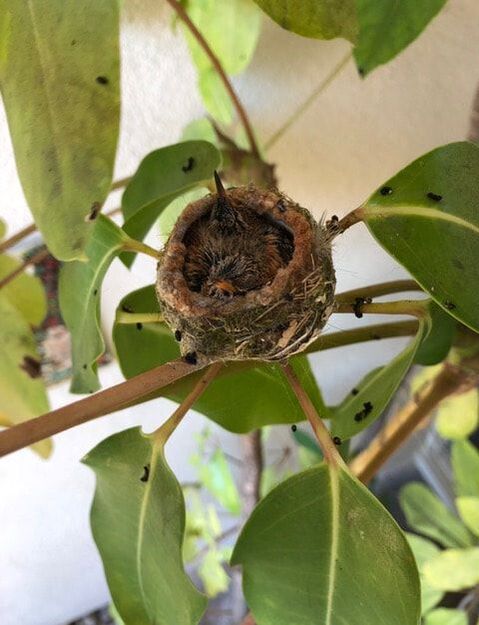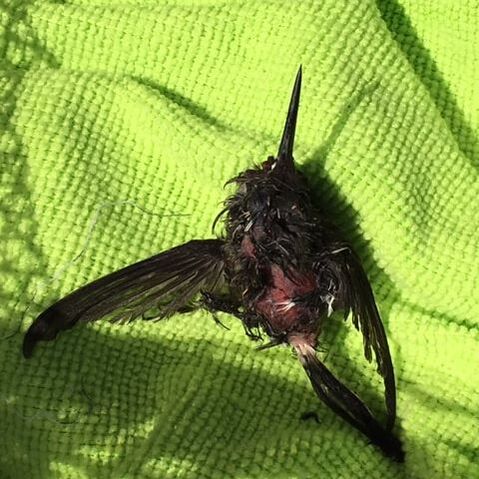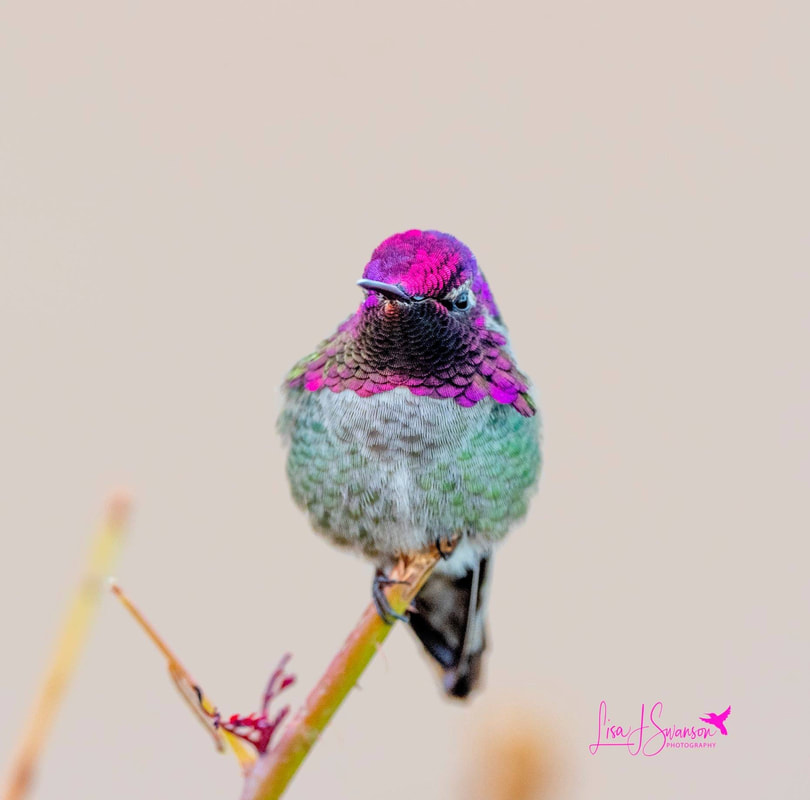HUMMINGBIRD FACTS
Hummingbirds are rehabilitated under The Wetlands and Wildlife Care Center's State and Federal Fish and Wildlife Permits. The Center is located in Huntington Beach, CA and is dedicated to the rehabilitation and release of native wildlife. It is illegal to possess or rehabilitate a hummingbird without state and federal permits.
